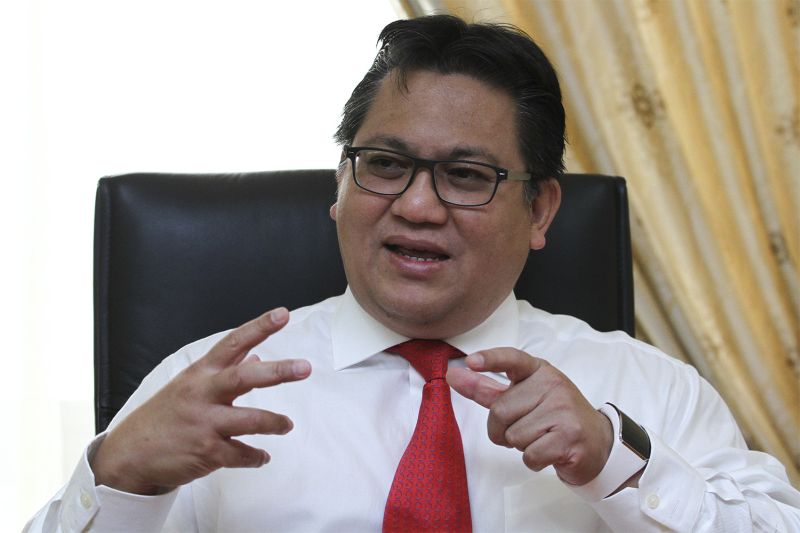KUALA LUMPUR, June 17 — Datuk Nur Jazlan Muhammed is against a suggestion for Malaysia to ban Christian evangelism.
The deputy home minister said outlawing the movement is counterproductive and will only drive its followers underground, in response to a non-governmental organisation leader’s call for similar legislation to Russia’s Yarovaya Act.
“Legislating any form of anti-evangelism or evangelicalism officially would have counterproductive outcomes because the followers would go underground instead of stopping their activities,” Nur Jazlan told Malay Mail Online in a text message yesterday when contacted for comment.
He expressed scepticism on views that legislation is the best approach to tackle religious matters, saying instead that dialogue is the way forward to end interfaith suspicions.
Drawing from Islam’s development over the centuries, Nur Jazlan said attempts at suppressing the faith in its early years had failed and instead turned it into one of the world’s fastest growing religions then.
“Prophet Muhammad went through the same experience when he was spreading Islam and the authorities of the day couldn’t stop it by banning it.
“The solution is for Muslims and Christians to have peaceful dialogue and establish a faith protocol based on individual choice,” the Pulai MP added.
Malay daily Utusan Malaysia had published on Thursday an essay by Centre for Human Rights Research and Advocacy chief executive Azril Mohd Amin that called for “anti-evangelicalism laws” outlawing Christian evangelism in the country.
Azril claimed evangelicalism, which he described as having “exhibited new religious tendencies towards positivism, unfettered freedom and a tendency to uncontrolled openness”, was seriously threatening Malaysia’s religious harmony.
Evangelism in the Christian context is an activity that broadly refers to spreading its gospel.
Evangelicalism, on the other hand, is a movement born from the Protestant school with a specific core belief that is said to be different from mainstream Protestanism; one of them being the belief in “personal conversion”.
It has been alleged that evangelical churches are the most active and purportedly running a well-financed proselytisation campaign worldwide.
In arguing for “anti-evangelicalism laws”, Azril claimed evangelicalism is also opposed by followers of other Christian denominations.
But Nur Jazlan maintained that past attempts to ban religious sects have proven to be futile with the clearest example being Putrajaya’s ban on the Shiah school of Islam in Malaysia.
“Shiah is banned in Malaysia but does that reduce the number of believers that practise Shiah?” he posed.
The call for an anti-evangelical law follows claims by conservative Muslim figures that some Christian groups were conspiring to “Christianise” Muslim-majority Malaysia which restricts propagation of any faith other than Islam to Muslims.
Just a few weeks ago the same individuals claimed that a plan by an evangelical Christian group to hold a “Jerusalem Jubilee” event in Melaka to be proof of a modern-day crusade.
The Jerusalem Jubilee organiser cancelled the four-day event after Deputy Prime Minister Datuk Seri Ahmad Zahid Hamidi ordered the police to block it.



















